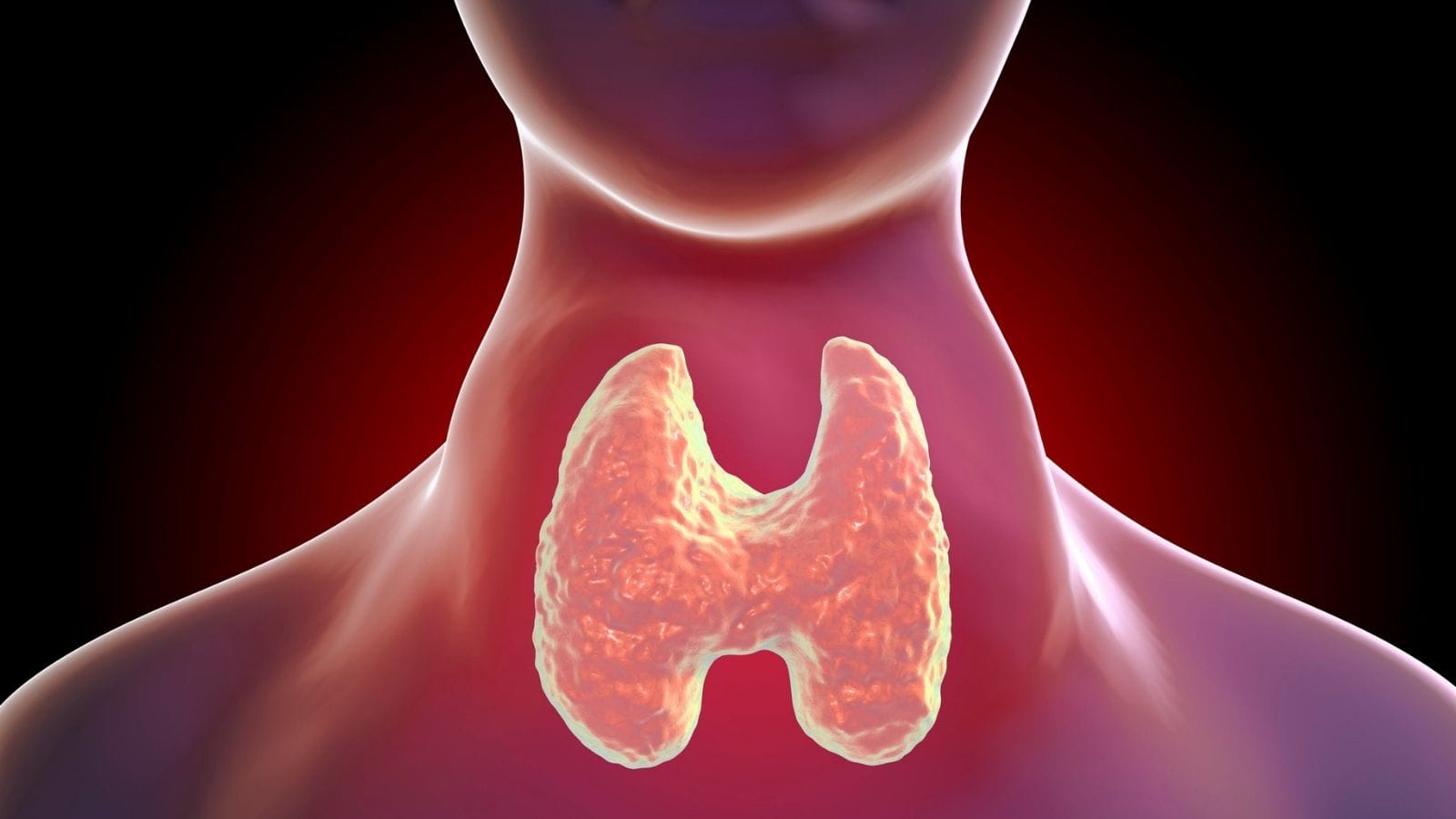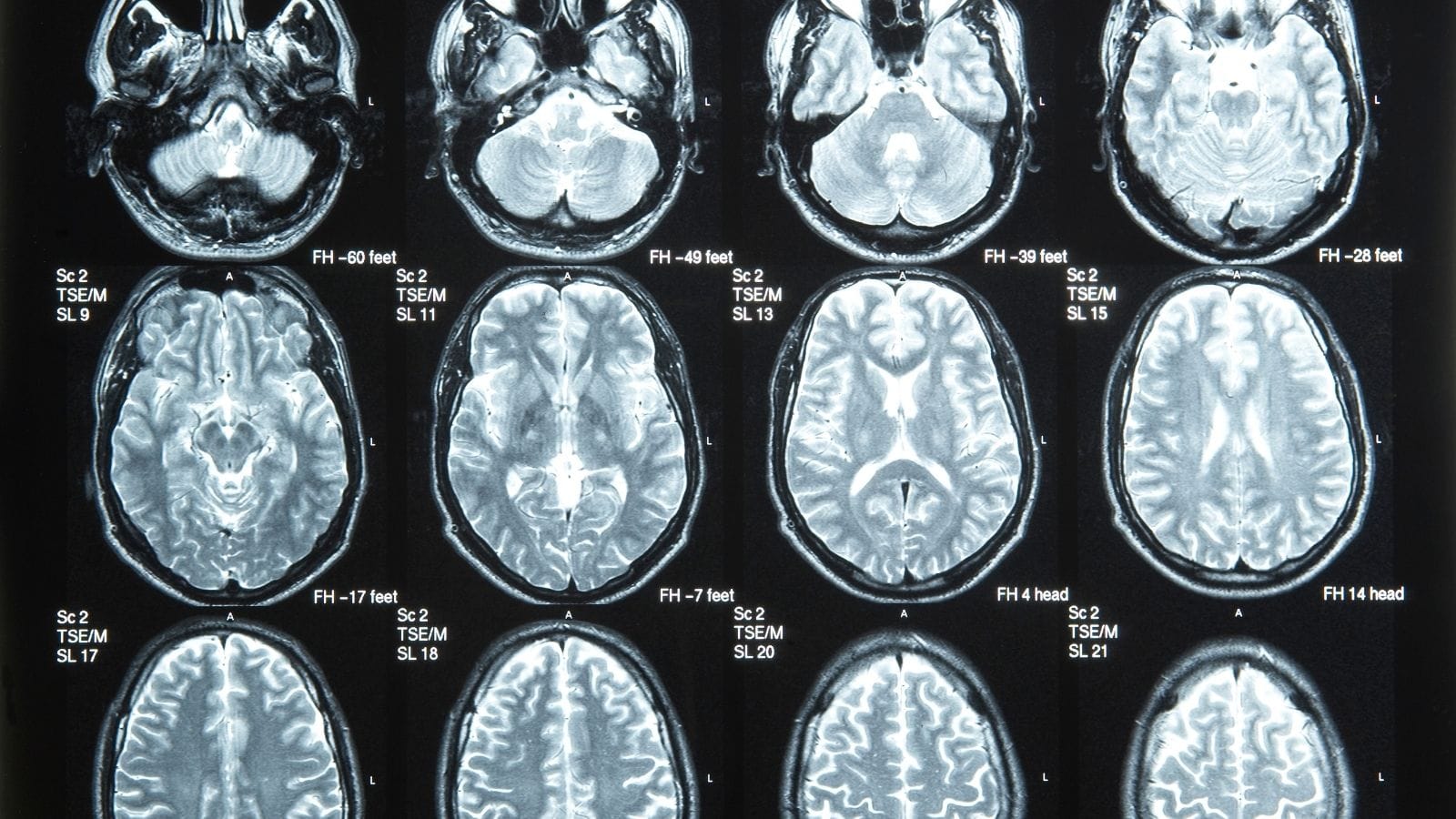Iodine is an essential mineral for thyroid hormone production. Foods rich in iodine include seafood, seaweed, dairy products, and iodized salt, which are the primary dietary sources.
Fish such as cod, tuna, and shrimp provide significant amounts of iodine. Seaweed is one of the most concentrated natural sources, though intake should be monitored to avoid excess.
Dairy products including milk, cheese, and yogurt also contribute to daily iodine intake. Eggs are another valuable source, with iodine present in the yolk.
A balanced diet containing these foods ensures adequate iodine levels, supporting thyroid function and overall metabolic health. Both deficiency and excess can negatively affect the thyroid.
How Do Seafood Contribute to Iodine Intake?
Seafood is among the foods rich in iodine and plays an important role in meeting the daily iodine requirement when consumed regularly. Marine fish, shellfish, and some fatty fish are among the best sources of this element. Especially white fish such as haddock contain high amounts of iodine per serving and can provide a large part of dietary iodine. For example, 100 grams of haddock can meet up to four times the recommended daily iodine intake.
Shellfish similarly increase the iodine content of the diet. Species such as mollusks and shrimp help prevent iodine deficiency through nutrition. In contrast, freshwater fish generally have lower iodine levels.
The iodine content of seafood is affected by factors such as the natural environment and farm cultivation. Wild fish usually have higher iodine levels. In farmed fish, feed composition can affect this level. Still, in species like mollusks that do not require feed, the iodine level usually remains stable.
Cooking methods can also directly affect iodine content. Baking minimizes iodine loss, while boiling may cause some iodine to leach into the water. Consuming at least two servings of fish per week is recommended as an effective strategy for healthy iodine intake.
Are Dairy Products Reliable Sources of Iodine?
Dairy products are among the foods rich in iodine, but the iodine content can vary due to a number of factors. This raises the question of whether dairy products are a reliable source of iodine for everyone. The iodine levels in cows’ feed, agricultural methods used, and iodine-based disinfectants applied in milk production are key factors directly affecting iodine concentrations in dairy products. For example, adding iodine to feed can increase the iodine level in milk, while excessive iodine supplementation can pose health risks.
Seasonal changes are also a significant factor. Studies show that milk produced in winter has higher iodine levels than that produced in summer. This is because cows are fed iodized feed indoors and iodine-based disinfectants are more widely used in winter. On the other hand, some iodine can be lost during the processing of dairy products. For instance, most of the iodine passes into the whey during cheese production, resulting in a lower iodine content in cheese.
Dairy products provide a significant portion of dietary iodine in many countries. However, this variability means that relying solely on dairy products may not guarantee adequate iodine intake, especially for individuals at risk of deficiency. From a public health perspective, it is critical to regularly monitor iodine levels in milk production and promote a balanced nutritional approach.
Do Plant-Based Foods Provide Sufficient Iodine?
Plant-based diets are increasingly preferred for health and environmental benefits. However, the ability of these diets to provide sufficient iodine intake may be questionable. Most plant-based foods naturally contain low amounts of iodine. Seaweed stands out as a significant exception among plant-based foods and is known for its high iodine content. However, the iodine content in seaweed can vary greatly depending on the species and environmental conditions in which it grows. Overconsumption can lead to excessive iodine intake, which can negatively affect thyroid function.
Studies show that individuals following vegan and vegetarian diets are at risk of iodine deficiency. This risk is particularly evident in countries where iodized salt is not commonly used. Vegan or vegetarian individuals need to make conscious choices to ensure adequate iodine intake. Using iodized salt is a simple and effective way to increase iodine intake. However, it should be remembered that total sodium intake should also be kept under control.
In addition, iodine supplements can be considered, especially for individuals who do not use iodized salt or consume foods rich in iodine. However, it is important to consult a healthcare professional before using any supplement. Consuming fortified plant-based products can also contribute to iodine intake. However, since the availability of such products may be limited, labels should be read carefully. Adequate iodine intake is indispensable for a healthy life.
Does Egg Consumption Help Meet Iodine Needs?
Eggs are a notable source of dietary iodine and can contribute to meeting daily iodine needs. An average large egg contains about 24–26 micrograms of iodine, which provides 16–17% of the recommended daily intake for adults. However, it should be noted that the iodine content of eggs is not fixed and can vary depending on various factors.
Iodine supplementation in the diet of hens is the most important factor directly affecting the iodine content of eggs. The iodine level of the soils where the feed is grown also determines the iodine concentration in eggs. Eggs from hens fed with feed produced in iodine-poor soils may have lower iodine content.
Iodine in eggs is mainly found in the yolk and is present in much higher concentrations compared to the white. However, in terms of bioavailability, it is also important to consider how much of the iodine in eggs can be digested and used by the body. Studies show that about 33% of the iodine in egg whites and 10% of the iodine in yolks can be absorbed. In eggs that are hard-boiled for a long time, bioavailability may decrease even further.
For these reasons, while eggs are a healthy food that supports iodine intake, they do not meet daily needs alone. They are considered a more effective source when consumed together with other iodine-rich foods in a balanced diet.
What Are the Risks of Iodine Deficiency and Excess?
- Risks of Iodine Deficiency:
Iodine deficiency is a common public health problem worldwide and affects about 2 billion people. Pregnant women and children are particularly at risk. Deficiency can cause enlargement of the thyroid gland (goiter), which affected 187 million people worldwide in 2010. Even mild deficiency can reduce learning capacity, causing an average loss of 12 IQ points in communities. Insufficient iodine intake during pregnancy can lead to serious problems such as miscarriage, stillbirth, and cretinism. Iodine deficiency is also associated with hypothyroidism, which presents with symptoms such as fatigue, weight gain, and growth retardation in children. Increased healthcare costs and reduced productivity are among the economic impacts of this issue.
- Risks of Iodine Excess:
Excessive iodine intake can also negatively affect thyroid function. Hyperthyroidism, autoimmune disorders such as Hashimoto’s disease, and iodine-induced hyperthyroidism are among the consequences of high iodine intake. The American Thyroid Association recommends not consuming more than 500 micrograms of iodine per day. Drugs such as iodinated contrast agents can lead to high iodine exposure, which may cause thyroid disorders. Individuals with thyroid diseases, the elderly, fetuses, and newborns are particularly sensitive to iodine excess. In both deficiency and excess, consulting health professionals is of vital importance.

Interventional Radiology and Neuroradiology Speaclist Prof. Dr. Özgür Kılıçkesmez graduated from Cerrahpaşa Medical Faculty in 1997. He completed his specialization at Istanbul Education and Research Hospital. He received training in interventional radiology and oncology in London. He founded the interventional radiology department at Istanbul Çam and Sakura City Hospital and became a professor in 2020. He holds many international awards and certificates, has over 150 scientific publications, and has been cited more than 1500 times. He is currently working at Medicana Ataköy Hospital.









Vaka Örnekleri